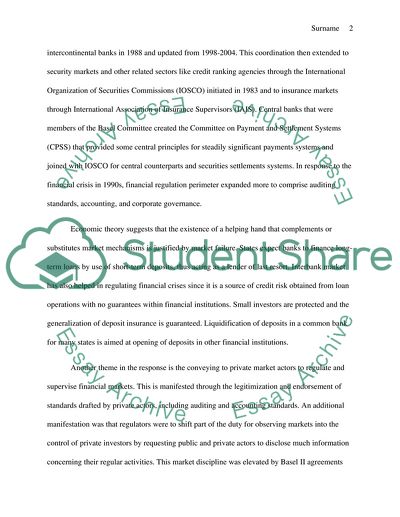Cite this document
(“Theoretical Foundation of States Regulatory Response to the Financial Assignment”, n.d.)
Theoretical Foundation of States Regulatory Response to the Financial Assignment. Retrieved from https://studentshare.org/finance-accounting/1763773-take-home-exam
Theoretical Foundation of States Regulatory Response to the Financial Assignment. Retrieved from https://studentshare.org/finance-accounting/1763773-take-home-exam
(Theoretical Foundation of States Regulatory Response to the Financial Assignment)
Theoretical Foundation of States Regulatory Response to the Financial Assignment. https://studentshare.org/finance-accounting/1763773-take-home-exam.
Theoretical Foundation of States Regulatory Response to the Financial Assignment. https://studentshare.org/finance-accounting/1763773-take-home-exam.
“Theoretical Foundation of States Regulatory Response to the Financial Assignment”, n.d. https://studentshare.org/finance-accounting/1763773-take-home-exam.


